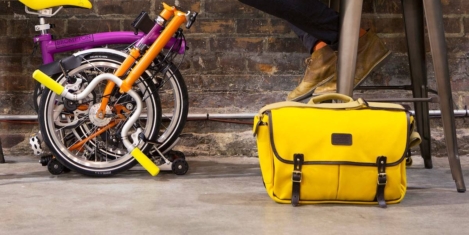September 4, 2017
Third of sick notes are given out for mental health issues, claims NHS study
 One in three signed off cases of absenteeism in the UK is related to mental health problems, with more than five million Britons being signed off work for conditions including anxiety, according to an NHS study of fit notes issued by GPs over a 28 month period. The number of workers signed off sick or put on restricted duties because of stress and anxiety rose by 14 per cent in the most recent year according to the report. Mental health and behavioural conditions were the most common reason to be off work, making up 31 per cent of cases, followed by musculoskeletal conditions. The NHS Digital report, running to March 2017, said in 2016-17 there were 573,000 cases of people off sick with anxiety and stress-related conditions, compared with 503,000 cases the previous year.
One in three signed off cases of absenteeism in the UK is related to mental health problems, with more than five million Britons being signed off work for conditions including anxiety, according to an NHS study of fit notes issued by GPs over a 28 month period. The number of workers signed off sick or put on restricted duties because of stress and anxiety rose by 14 per cent in the most recent year according to the report. Mental health and behavioural conditions were the most common reason to be off work, making up 31 per cent of cases, followed by musculoskeletal conditions. The NHS Digital report, running to March 2017, said in 2016-17 there were 573,000 cases of people off sick with anxiety and stress-related conditions, compared with 503,000 cases the previous year.

































August 17, 2017
How workplace design shapes and reflects organisational hierarchies
by Angela Love • Comment, Facilities management, Workplace design
(more…)